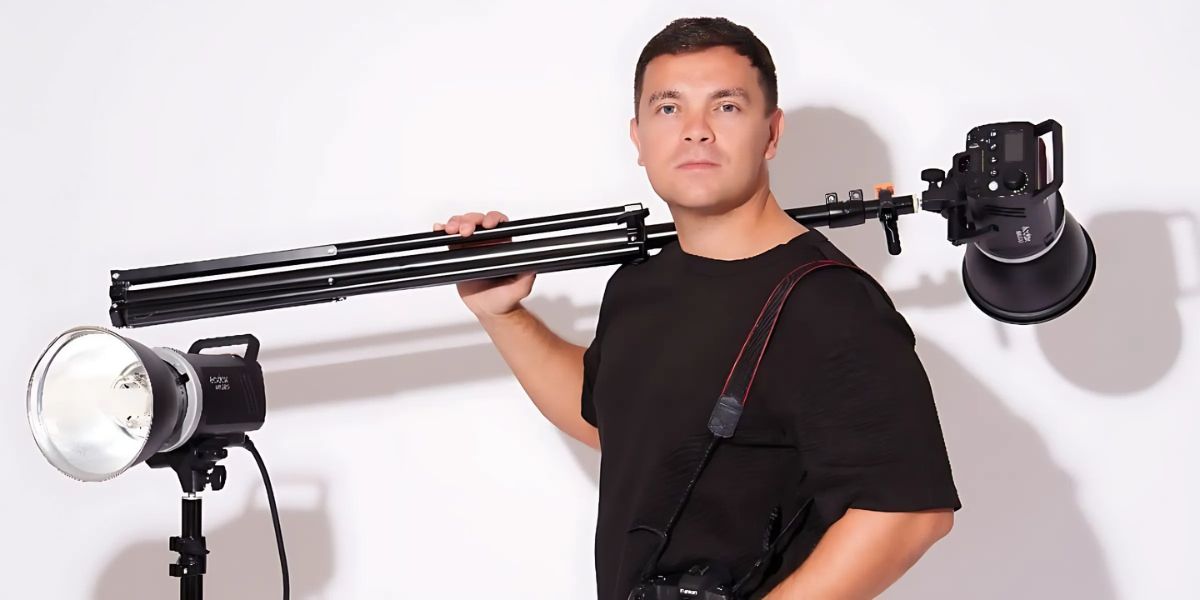Image commercially licensed from: Unsplash
Copywriting is an art and a science. It’s the craft of using words to persuade, inspire, and connect with an audience. Whether you’re penning a marketing campaign, writing for a website, or crafting social media posts, effective copywriting is pivotal to making an impact. Here are eight essential guidelines to master the art of persuasive writing.
Understand Your Audience:
The Golden Rule of Copywriting.
Before drafting a single word, it’s imperative to know who you’re writing for. Dive deep into understanding your audience’s needs, preferences, challenges, and desires. This knowledge enables you to tailor your message to resonate with them deeply. Tools like audience personas can be invaluable, allowing you to envision who you’re addressing, ensuring your message strikes a chord.
Craft Compelling Headlines:
Your First Impression.
Often, your headline is the first thing readers will see, says digital marketer from Peptide Sciences. It needs to grab their attention immediately and compel them to read further. An effective headline should be clear, intriguing, and relevant to the content that follows. Using numbers (like “8 Essential Guidelines”), posing a question, or tapping into a pain point or desire are all proven techniques for headline success.
Use Clear and Concise Language:
Less is Often More.
In today’s fast-paced digital age, attention spans are limited. Avoid jargon, fluff, and overly complex language. Instead, get to the point swiftly, using clear, concise, and relatable language. Every word should serve a purpose, adding value and guiding the reader toward understanding and action.
Evoke Emotion:
Connect on a Deeper Level.
People often make decisions based on emotions, later justifying them with logic. Use this understanding to your advantage. Craft your copy to tap into emotions, be it happiness, fear, desire, or nostalgia. Storytelling is a powerful tool in this regard, allowing readers to immerse themselves in a narrative, feeling a connection with the content.
Incorporate a Strong Call to Action (CTA):
Direct the Next Steps.
Good copy doesn’t just inform; it encourages action. After engaging your audience, be clear about what you want them to do next. Whether it’s signing up for a newsletter, making a purchase, or sharing content, your CTA should be compelling and unmistakable. Use action verbs and create a sense of urgency or benefit to propel readers to act.
Use Authenticity and Honesty:
Build Trust.
Today’s consumers are savvy and can usually detect insincerity. Avoid making unsubstantiated claims or overpromising. Instead, be genuine in your communication. Authenticity helps in building trust, creating a foundation for long-lasting customer relationships. If you make a claim, back it up with facts, testimonials, or case studies.
Keep SEO in Mind:
Visibility is Key.
While the primary aim of copywriting is to communicate with humans, in the digital world, we also need to cater to search engines. Effective copy should be optimized for relevant keywords, ensuring it’s easily discoverable by those searching for related topics. However, always prioritize readability and value over keyword stuffing.
Continually Refine and Test:
Copywriting is Evolving.
What worked yesterday may not resonate today. Continually test different versions of your copy to see what’s most effective. Use tools like A/B testing for emails or websites. Gather feedback and analytics to see where you’re hitting the mark and where you might be missing the boat.
Effective copywriting is a powerful tool in any marketer’s arsenal. It’s the bridge between a brand and its audience, carrying the weight of information, emotion, and persuasion. By following these essential guidelines, you’ll be better equipped to craft copy that captivates, persuades, and ultimately drives action. Remember, at the heart of every great piece of copy is a deep understanding of its intended audience. Know them, speak their language, and you’re well on your way to copywriting success.






